Even after the last of the US evacuation planes roared away from Afghanistan on Monday, Afghan diplomats in the United States continued their work — standing by the black, red and green national flag that once spelled hope for a better and brighter Afghanistan.
“We are open and remain operational in the United States, although we have had to pause on some of our activities to attend to the multiple emergencies that arose,” said Aref Dostyar, the Afghan consul-general in Los Angeles. “But we are continuing to deliver services to Afghan citizens in the United States, and most people are still choosing to process their paperwork, regardless of the situation in the country. We have enough resources for the time being to continue our work here.”
Dostyar stressed that staff members intend to continue working until “there is a change.”
The embassy in Washington, DC, has yet to officially comment on Kabul’s fall to the Taliban just over two weeks ago, only issuing a statement last week that the embassy is “no longer able to issue physical passports due to new passports no longer being created in Kabul,” but emphasized that the embassy will “begin the process for extending computerized passports” starting on Wednesday — the first day of the new post-US era.

Technically, the consular and embassy staff were installed under President Ashraf Ghani, who fled the presidential palace on Aug. 15, paving the way for the Taliban to enter without resistance. So while unable to carry out services that require Kabul approval, the consulate is focused on continuing to process whatever paperwork is possible inside the US and has continued to book appointments through to next year. Dostyar’s team has even issued visas to visit the war-torn nation since the fall of Kabul, as requested by numerous applicants.
And because of the catastrophic scene in Afghanistan, Dostyar says he is busier than ever as the need for documentation spikes for Afghans residing in the US.
“It is our mandate, our responsibility to respond to those needs. One reason (it has been so busy) is that some more people have come to the US due to the evacuations, and some are really in need of documents, so we remain operational for them.”
For diplomats like Dostyar, they have no choice but to put on a courageous front despite worrying over family and friends still stranded in a country they once deeply loved — as well as setting aside their uncertainty when it comes to future employment, salaries, and the heaviness of having to process so many newcomers starting life from scratch.
The Taliban — who refer to themselves as the Islamic Emirate of Afghanistan — have yet to officially declare a new government. However, representatives told me it would be “inclusive” and “representative of all Afghans.” Nonetheless, many remain skeptical that the outfit can be trusted; thus, the path forward is riddled with ambiguity.


The Taliban themselves have also highlighted their desire for a “peaceful transfer of power,” but Dostyar refuses to use such a term.
“There may have been a seizure of power, but there has not been a transfer of power, and no government has been announced since Kabul fell,” he continued. “The end of this war does not necessarily mean peace in the country. The toppling of one government and establishing another does not lead to a peaceful country. That nuance needs to be recognized — thus, there is an opportunity that still exists.”
Meanwhile, the US State Department has shuttered all diplomatic services across Afghanistan — a sharp reversal of Secretary of State Antony Blinken’s pledge in early August that Washington would remain “deeply engaged” in Afghanistan for the long term. Instead, the US will maintain a relatively small mission in Doha, Qatar, centered primarily on visa processing for refugees and evacuated personnel rather than any relationship building that typically comes with foreign ministries.


“I have to acknowledge this is an uncertain time, and we are studying and assessing the situation and are in constant contact with the host (United States) government and our evolving relationship,” Dostyar continued.
Nonetheless, he remains committed to the diplomatic dance with his homeland and highlighting that Afghanistan is more than just conflict, corruption, death and destruction.
“I believe that there is still an opportunity for peace and reconciliation for a political settlement. Afghanistan does not need to be the graveyard of empires,” Dostyar said, acknowledging the decades of ceaseless conflict and chaos. “We cannot lose hope; we still have to work for a settlement for peace and development in our country. I invite our international partners to hold on, to partner with us as we move forward.”

Yet what forward looks like remains to be seen.

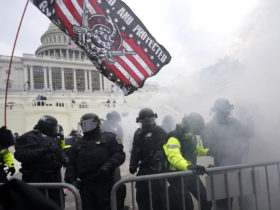


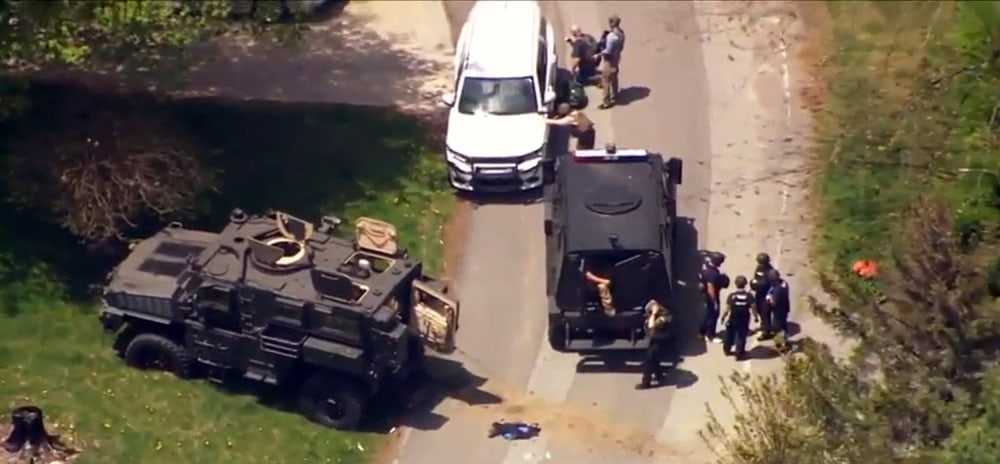
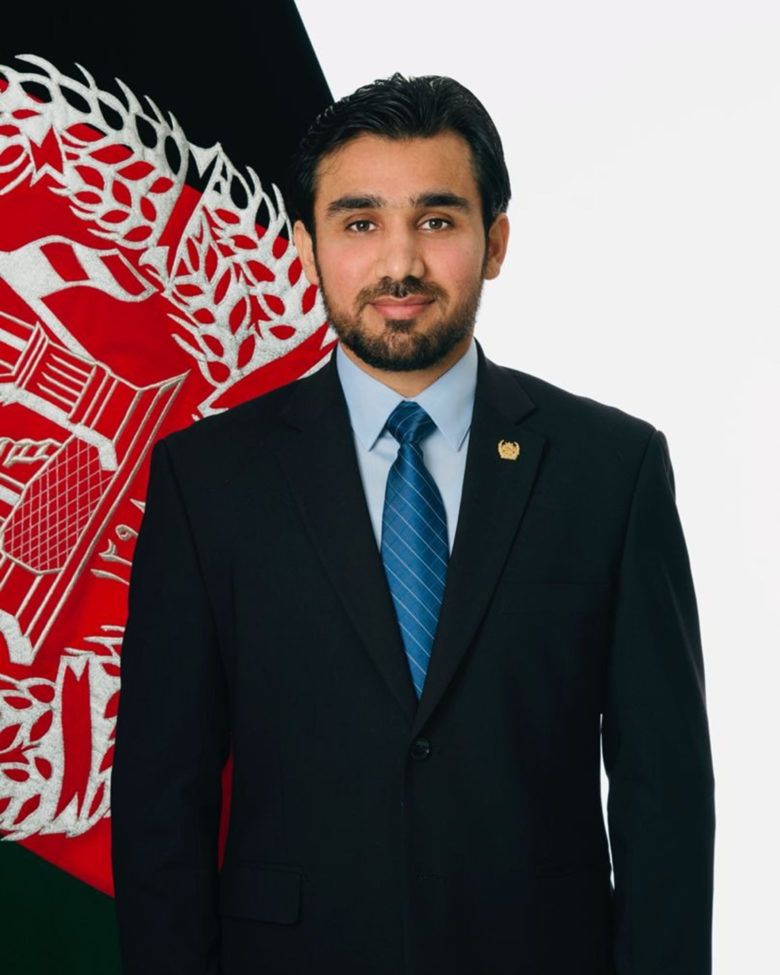

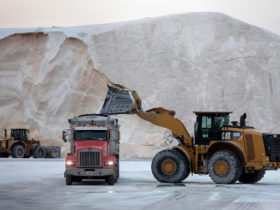
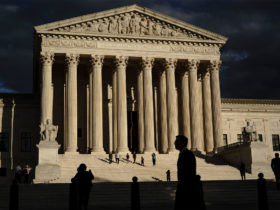

Leave a Reply